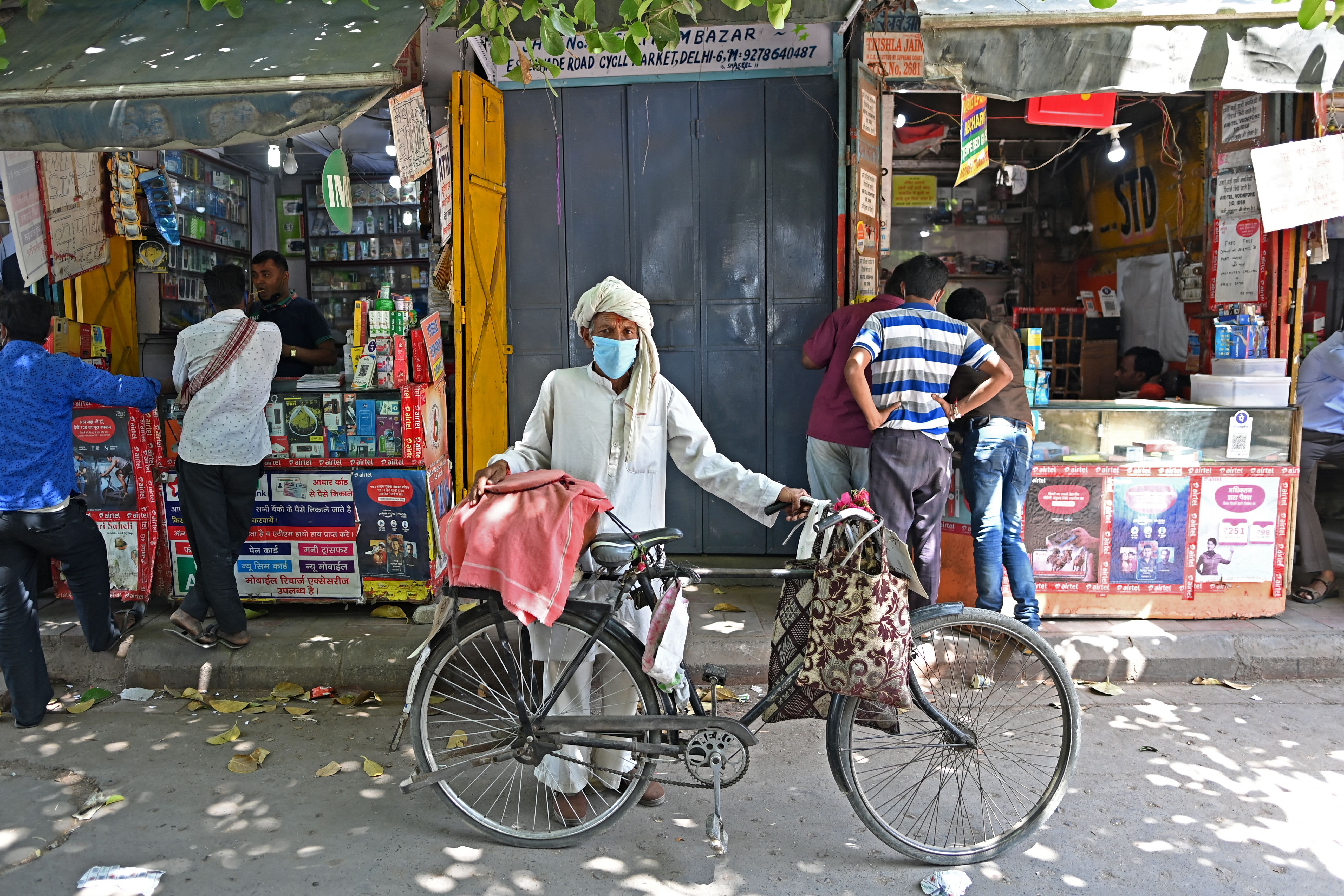India reported a new record rise in daily Covid-19 cases on Friday, in the middle of a deadly second wave that has crippled its health-care system.
Health ministry data showed there were 386,452 cases over a 24-hour period — the highest daily increase globally. At least 3,498 people have died in that time.
After the first wave peaked in September, it took the South Asian country about six months for cases to rise from about 6 million to cross 12 million by end of March. In April alone, India reported more than 6.6 million cases as the cumulative total rose to 18.76 million.
India is the second worst-hit country in the world, in terms of the total reported cases, according to data compiled by Johns Hopkins University. However, recent reports have suggested that India’s death toll is being underreported.
Prime Minister Narendra Modi’s government faces growing criticism for allowing large crowds to gather for religious festivals and election rallies in various parts of the country. Commentators said the mass gatherings — where millions sometimes gathered – likely turned into super spreader events.
The World Health Organization said this week that multiple mutated variants of the coronavirus are circulating in India, likely fueling the surge. Hospitals are overwhelmed due to a shortage of beds and supplies, including much-needed oxygen and medicines.
Experts have said that India’s best shot at combating the pandemic is by vaccinating a majority of its more than 1.3 billion population to achieve herd immunity, where the disease can no longer spread quickly because most people in the population have either been infected or vaccinated and have become immune to it. To date, the country administered more than 150 million vaccine doses but only a small percentage of the population completed the two required doses.
Starting May 1, India will allow those between 18 and 45 years old to get inoculated.
But the country faces vaccine shortages despite being the world’s largest producer of vaccines. The situation is expected to exacerbate as more people sign up to receive their shots.
India’s financial capital Mumbai will stop vaccinating people between April 30 and May 2 after running out of stock, according to the city’s civic body. “All efforts are being made to make more stock available & resume the drive,” said the municipal corporation of Greater Mumbai. Maharashtra, where Mumbai is situated, is the epicenter of India’s second wave of infections.
Media reported that international aid has started arriving in India. Reuters said the first U.S. flight carrying oxygen cylinders, regulators, rapid diagnostic kits, N95 masks and pulse oximeters arrived in Delhi on Friday.
The United States said this week it will send more than $100 million in medical aid to India, including materials the South Asian country needs to ramp up vaccine production and make over 20 million doses.
